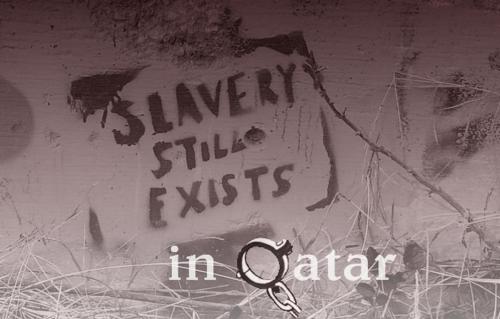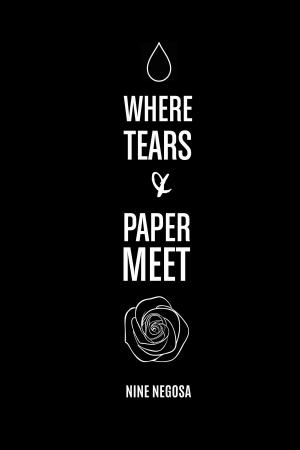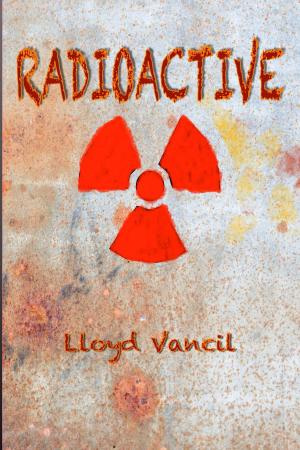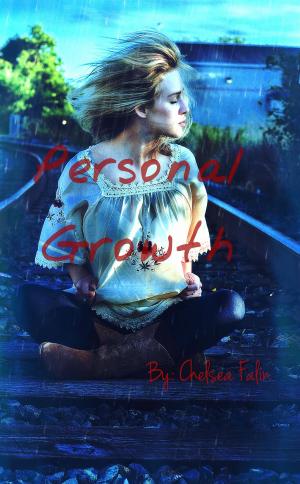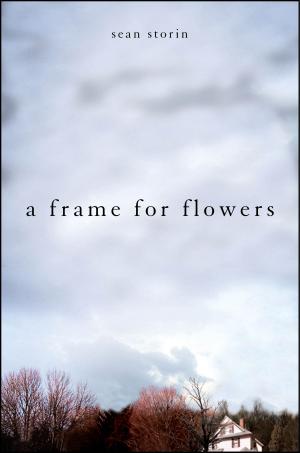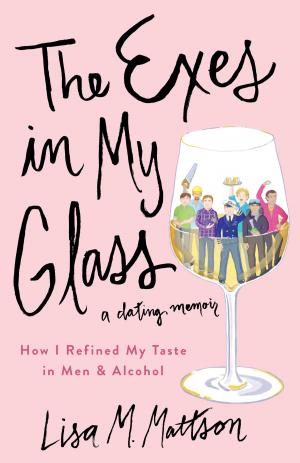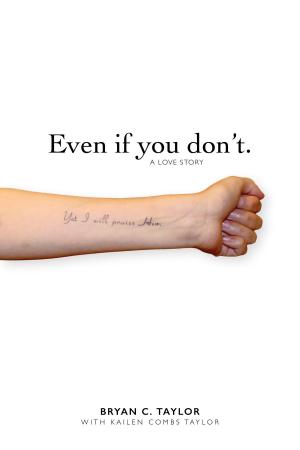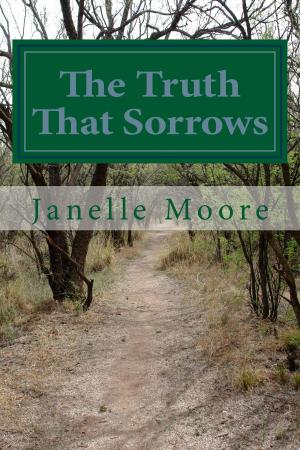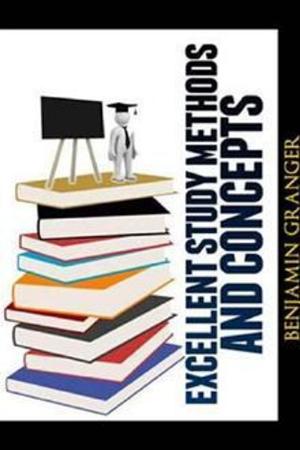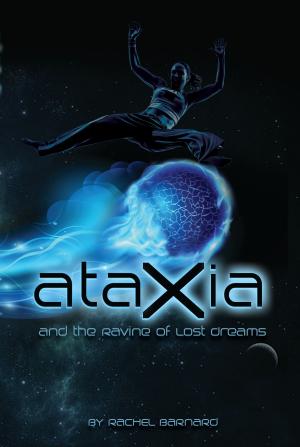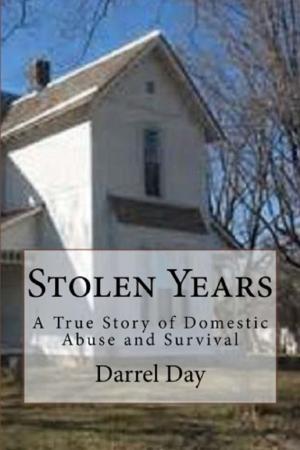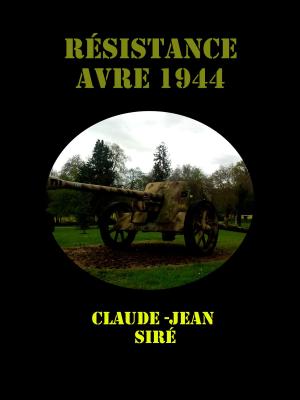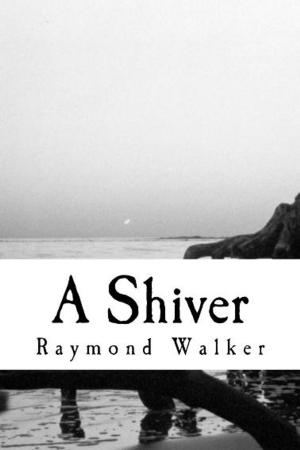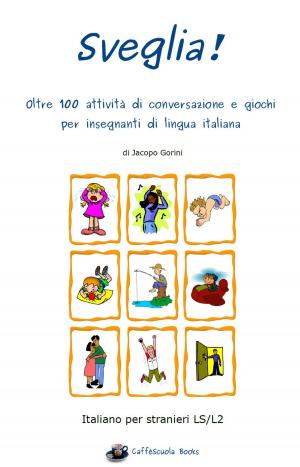| Author: | Suzanne AbuNadar | ISBN: | 1230002442495 |
| Publisher: | createspace | Publication: | July 24, 2018 |
| Imprint: | Language: | English |
| Author: | Suzanne AbuNadar |
| ISBN: | 1230002442495 |
| Publisher: | createspace |
| Publication: | July 24, 2018 |
| Imprint: | |
| Language: | English |
Suzanne is a scientist, mother, teacher and passionate human rights advocate. Her parents are Egyptian immigrants that lived in Asmara, Eritrea where she was born, but Suzanne grew up in Canada from the age of 2, growing up in the city of Toronto. During her studies she did development work in East Africa volunteering for hospitals in the slums of Dar Es Salaam, Tanzania and Kampala, Uganda, working first hand with NGOs in development and health. She completed her education and obtained a Master of science in chemistry from the University of Toronto and later, a Bachelor of education degree from York university. She is an award winning teacher and the recipient of the Irwin Talesnick award for science teaching excellence in 2017, with multiple scientific publications and contributions to chemistry textbooks. She worked for one year with the United Nations Armed Mission in Sierra Leone (UNAMSIL) working as a water treatment specialist. The system of the united nations, the poverty, working in a non-family duty station impacted her a great deal. In addition to her duties, she worked as a volunteer working with child soldiers, visiting political refugees and distributing clothes, and creating education projects for the local schools while there. She had hoped to make more impact on the development in West Africa and found her work in education the most productive.
She returned to Canada and worked in chemistry research, and later a complete focus on science education as a lecturer or full-time teacher in Canada. For 3 years, she travelled to the emirate of Qatar with her family working as a lecturer in a satellite University. She struck a close friendship with Mami, an Ethiopian maid while working there. She was shocked by the dichotomy of life in Qatar. As an ex-pat she was exposed to a privileged life where her surroundings were clean, there was no crime and generally most of ex-pat families put their children in private schools and lived in luxury villas or condominiums with at least part-time maids working in their homes. She learned more about the life of maids and began to interview them and ask more questions. In helping Mami work through serious labour disputes, Suzanne and her husband did investigative work in the labour villages where the majority of people work in Doha, Qatar hidden from the city. Ironically, Suzanne went through her own life-changing major labour dispute and sexual harassment case at her university, which brought her and her family face to face with the inequities, corruption, lack of laws, lack of human rights and cruelty. Facing a great deal of drama and danger, Suzanne wrote this memoir to tell the story of Mami, of the labourers, and her story and a general normally unseen story of modern slavery that exists in the world.
Suzanne is a scientist, mother, teacher and passionate human rights advocate. Her parents are Egyptian immigrants that lived in Asmara, Eritrea where she was born, but Suzanne grew up in Canada from the age of 2, growing up in the city of Toronto. During her studies she did development work in East Africa volunteering for hospitals in the slums of Dar Es Salaam, Tanzania and Kampala, Uganda, working first hand with NGOs in development and health. She completed her education and obtained a Master of science in chemistry from the University of Toronto and later, a Bachelor of education degree from York university. She is an award winning teacher and the recipient of the Irwin Talesnick award for science teaching excellence in 2017, with multiple scientific publications and contributions to chemistry textbooks. She worked for one year with the United Nations Armed Mission in Sierra Leone (UNAMSIL) working as a water treatment specialist. The system of the united nations, the poverty, working in a non-family duty station impacted her a great deal. In addition to her duties, she worked as a volunteer working with child soldiers, visiting political refugees and distributing clothes, and creating education projects for the local schools while there. She had hoped to make more impact on the development in West Africa and found her work in education the most productive.
She returned to Canada and worked in chemistry research, and later a complete focus on science education as a lecturer or full-time teacher in Canada. For 3 years, she travelled to the emirate of Qatar with her family working as a lecturer in a satellite University. She struck a close friendship with Mami, an Ethiopian maid while working there. She was shocked by the dichotomy of life in Qatar. As an ex-pat she was exposed to a privileged life where her surroundings were clean, there was no crime and generally most of ex-pat families put their children in private schools and lived in luxury villas or condominiums with at least part-time maids working in their homes. She learned more about the life of maids and began to interview them and ask more questions. In helping Mami work through serious labour disputes, Suzanne and her husband did investigative work in the labour villages where the majority of people work in Doha, Qatar hidden from the city. Ironically, Suzanne went through her own life-changing major labour dispute and sexual harassment case at her university, which brought her and her family face to face with the inequities, corruption, lack of laws, lack of human rights and cruelty. Facing a great deal of drama and danger, Suzanne wrote this memoir to tell the story of Mami, of the labourers, and her story and a general normally unseen story of modern slavery that exists in the world.
